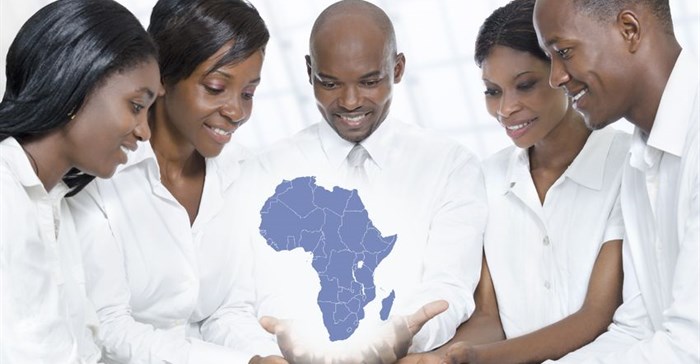Achieving Africa Agenda 2063 development goals

Experts are gathered in Zimbabwe's capital this week to discuss various continental capacity development initiatives within the wider context of the sustainable development goals and the AU's Agenda 2063.
With the Africa Capacity Building Foundation (ACBF) celebrating its silver jubilee, this was also an opportunity for the ministers, development partners and experts to take stock of the progress made in the last 25 years. Having achieved successes in the policy arena, many capacity challenges remain.
"To achieve economic, political and social transformation, we will need critical skills and a change of mindsets,” said Professor Emmanuel Nnadozie, executive secretary of the ACBF. When asked to elaborate on what that meant in real terms, Nnadozie stressed the need to develop skills, such as more engineers, more agronomists, and more managers.
Nnadozie said that currently Africa had a gap of 4.3 million engineers if the continent was to implement all its flagship projects. "We need 1.6 million agricultural scientists and researchers; we have identified a gap of 2.8 million water and sanitation engineers. And this relates to the targeted needs identified for 2023 - the 10-year target for the first leg of Africa 2063."
Right now over 80% of students are enrolling in social sciences and humanities and there needed to be a conscious effort to stem this trend and direct more students towards the STEM disciplines (science, technology, engineering and maths), he said.
Capacity issues
Amongst the speakers present, it was agreed that capacity issues remained the missing link in achieving development agendas in Africa. And that a strategic and coordinated approach was needed.
In a keynote address, Dr Anthony Mothae Maruping, commissioner for economic affairs at the African Union, highlighted how the AU had been working with the ACBF in assessing the capacity requirements for implementing Agenda 2063.
"Through Agenda 2063 Africa has a clear and articulate roadmap for change. We are counting on ACBF to make this Agenda a reality. The focus should be on building capacity that builds further capacity to make it sustainable," he said.
Permanent secretary in Zimbabwe's Ministry of Finance and Economic Development, Willard Manungo, co-host of the CDF, commended the ACBF for the work it had done across Africa in the past 25 years, testifying that Zimbabwe was a key beneficiary of the ACBF's work.
"This gathering of diverse minds offers ample opportunity for us as a continent to introspect different ways and means of strengthening capacity development for the advancement of our continent," he said.
Nnadozie stressed how the skills gap was not only relevant to the private sector but that institutional capacity needed to be reinforced. "To what extent are our constitutions development-friendly. We also need to ensure our parliamentarians have the necessary skills to push through a development agenda and understand the treaties they are ratifying."
As well as the hard skills, Nnadozie stressed the importance of the development of 'soft' skills, which he identified as the confidence and leadership skills to define solutions to the continent's problems. "We need to educate African youths in order to solve African problems," he said.
The CDF continues over the next two days with a focus on the role of governments, development partners, civil society, private sector and the media in capacity development.


